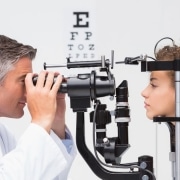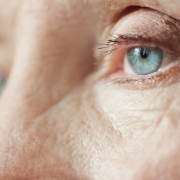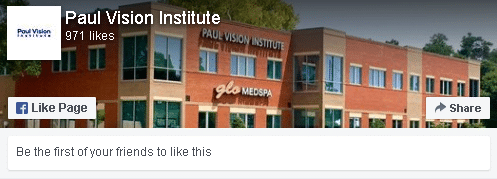What Is Diabetic Retinopathy?
Diabetic retinopathy is a side effect of diabetes. It may cause blurred vision, vision that seems to fluctuate, dark strings or spots that seem to float across your vision, and eventually vision loss. The more uncontrolled your diabetes, the greater risk you stand of developing retinopathy. However, if you take care to get your condition under control and maintain your blood sugar at safe levels, you may avoid this complication. Your eye doctor in Wilmington, NC, can diagnose and treat diabetic retinopathy.
What Causes Diabetic Retinopathy?
When you have excessive amounts of sugar in your blood, this can interfere with blood flow in the tiny vessels that nourish the retina. As a result, the blood supply is cut off, and your eye attempts to grow new vessels in this area. If the new vessels don’t develop properly, they may leak blood. This can obscure your vision and may also lead to an excess of fluid buildup in your eye. Scar tissue may also develop where new blood vessels attempt to grow. They can cause your retina to detach from the back of the eye.
Do I Have Symptoms of Diabetic Retinopathy?
If you’re experiencing changes in your vision, it’s time to make an appointment for a comprehensive eye exam. This is especially important if you have a condition such as diabetes or hypertension. Early symptoms of diabetic retinopathy include trouble reading, trouble seeing far away, and trouble seeing at night. Advanced symptoms include seeing unexplained flashes of light as well as the other symptoms listed above. Surprisingly, you may have no symptoms at all if the condition is in its earliest stages.
Can Diabetic Retinopathy Be Treated?
The first step in treating diabetic retinopathy is to bring diabetes under control. Through a healthy diet, daily exercise, and medication, you may be better able to maintain healthy blood sugar levels. Treatment for this disorder focuses on stopping its progression to prevent total vision loss. A vision specialist is the best choice when it comes to diagnosis and treatment of eye disorders in Wilmington, NC.
Paul Vision Institute Can Help
In Wilmington, NC, Paul Vision Institute can diagnose and treat diabetic retinopathy. Call today to schedule an eye exam and consultation. The sooner this condition is detected and treatment begins, the more successful the outcome.







